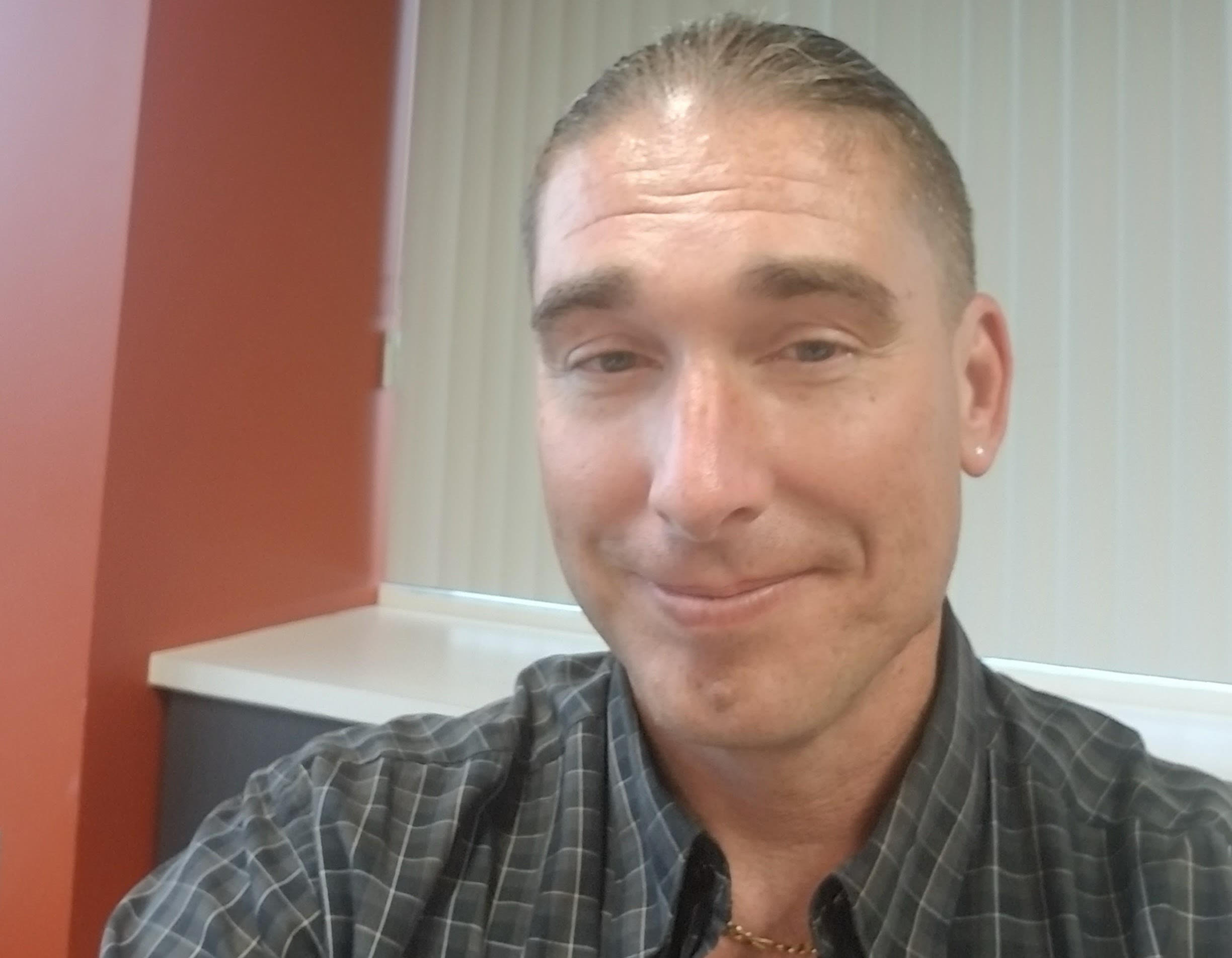Michael’s Story: Make Your Money Work For You

Meet Michael, a substance abuse counselor who lives in San Diego, California.
What do you do?
I’m a substance abuse counselor. I’ve been doing it for about two years now – midlife career change. Unfortunately, it’s one of the fastest growing professions in the US, which doesn’t bode well for us.
What did your upbringing teach you about finances?
I’m 48, and I came from a traditional family. My father worked all the time, and my mother balanced our household budget. She was good at making the budget go further and managing money.
We’re second-generation immigrants from Germany, and I learned the value of working hard from my grandparents. Spending money well, as well as saving money, was instilled in me from an early age.
One thing I see a lot is when people get a raise or get a better job, then they increase their standard of living and become more debt-ridden. I learned not to do that, and stay below my means. There are always unexpected car repairs and medical expenses.
What’s your lowest financial point?
At my lowest point, I was pretty much destitute. There was a period when that unfortunately happened. I’ve been there, and I’m lucky that it was brief. I had gone against everything I learned, went heavily into debt, and wasn’t able to make ends meet.
How did you make a change?
I had to reframe everything. I had to look at all the situations in my life and make a plan for how to get out of it. Even when I had the money to move into a nicer place or get a new car, I didn’t do that. It enabled me to save money so that I would never go through that situation again.
The main thing I’ve learned about is consumer debt. Credit cards, car loans – I limit myself to the absolute minimum. When I’m offered a high-limit credit card line, I don’t take it. You start to think of it as free money, but then you have to pay it back with tremendous interest!
It’s good to have a credit card in case of emergency. Don’t use them for vacations or shopping sprees. Because it’s not your money! That’s been my biggest breakthrough.
Now I take 10% of my paycheck and I pay myself first. Then I pay all my bills. You work hard, so you need to make sure you take some of that money goes to the things you want.
What’s your highest financial point?
I consider myself at a high point right now. I’m lucky to have savings and money for investing. However small, it’s there and it’s a luxury. It’s a blessing to have that. I treat the money with a lot more respect nowadays than I did previously. I think that comes with my age and wisdom from past experiences.
What’s the best piece of financial advice you’ve received?
Pay yourself first – take 10% of every paycheck regardless. And avoid the consumer credit traps.
It’s real simple, real profound, and it really works.
What are your goals for the future?
I want to continue saving money and have money for a down payment on a house in the next two years. That’s my initial goal.
Then I want to continue saving money and start reinvesting money. I used to be an avid investor, and I want to get back into that game at a conservative level. I’m too old to start taking silly risks, investing in risky start-ups or IPOs. I might as well go to the casino at that point!
What does money mean to you in your life?
Money is not the answer to everything, but it’s necessary. It has to be earned, and then it has to be respected. You work for your money, and it should work for you. That’s saving or investing.
We’re in a society where money is 100% necessary. We have to respect what it does and what it can do for us.